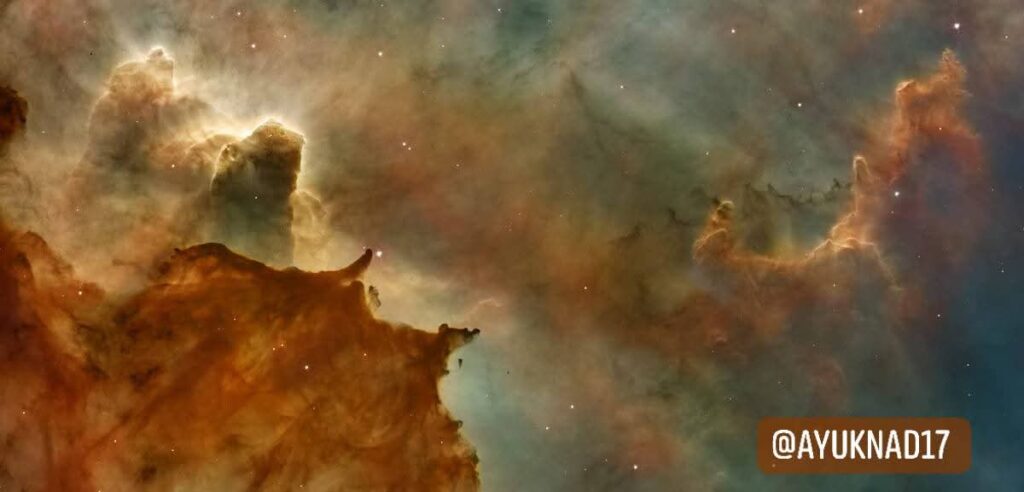Parashat Bereshit
17th October 2025
Week of 11 – 18 October 2025
Torah portion : Genesis 1:1-6:8; Isaiah 42:5-21
At the beginning of the Jewish New Year, we are invited to reflect on the beginning of the Torah reading, Bereshit (In the Beginning). Because it is the beginning of the Torah and the account of the definitive beginning of everything, the richness of interpretation is immense. Given that we are speaking of the beginning, the natural curiosity is to seek to know precisely when what is described happened and how this act of beginning occurred.
In fact, we ask questions entirely related to creation, things that have a beginning and an end, and we don’t take into account the nature of the text, which is theological and in no way intended to be a historical account. Therefore, if we ask a historical question to a theological text, we won’t get the answer we seek, and what we find is not what the text intended to say.
The Bible teaches us that the Jewish people were formed among other peoples when each had its own god. We could say that each god had its people, and each people had its own god. Therefore, the Torah begins by making an absolute statement, breaking with the entire worldview of the time. There is not one god for each people, but a Unique God. From its very first word, the Torah teaches the uniqueness of God as the Unique Creator of all that exists. Rashi (1045-1105) opens his commentary on the Torah with the word “Bereshit,” explaining the foundation of the creation account. The Torah does not intend to tell the story of how and when everything was created, as was the case among other peoples and other gods. Rather, the Torah aims to teach that no matter how or when, everything that exists is the creation of the One God who revealed Himself and chose the people of Israel. Rashi comments: “Rabbi Issac said: The Torah should have commenced with the verse: ‘This month shall be unto you the first of the months’ (Ex 12.1), which is the first commandment given to Israel. What is the raison, then, that it commences with the account of the Creation? Because of the thought expressed in the text: ‘He declared to His people the strength of His works’ (Ps. 111.6), so that He might give them the heritage of the nations. Should the peoples of the world say to Israel: You are robbers, because you took by force the lands of seven nations of Canaan, Israel may reply to them: All the earth belongs to the Holy One, blessed be He; He created it and gave it to whom He pleased. When He willed, He gave it to them, and when He willed, He took it from them and gave it to us…

Thus, the gift of Torah to Israel is taught by the Torah itself, from the very beginning, that the God who chose Israel and made the Covenant with them is the God of all and everything. Israel is not inventing a god for itself alone, but Israel’s commandments and calling affirm the existence of the God of All. There is no other God.
And further on in the text, it says: ‘The Beginning God Created.’ Rashi says: ‘This expression means Darsheni,’ (from the same root as Midrash), that is, seek me, search me, explain me. The Torah, from its very beginning, challenges the community of Israel and those who read it to seek it in depth, as if seeking God. Therefore, it should not be a simple, disinterested reading or study, but to know what God is trying to say behind the Words. This teaches us that the Word of God, from the very beginning, invites us to search for God, who Himself is seeking and wants to be searched for, and who speaks in the Scriptures to be known, heard, listened to and obeyed. In this way, we are invited to seek (search) God to find Him, an attitude that makes this searching.
The Torah teaches that ‘BeReshit’ does not want to report historical data from the beginning of creation, but teaches us that when there was the beginning Bereshit (this moment belongs only to God), it was only God who created Heaven, Earth and everything else that exists.
We can learn from Parashat Bereshit, among many others can be drawn from it that we should not be preoccupied with this text historically, for it is not history and is not intended to report historical data. Rather, the Torah invites us to seek God (Derash) in all dimensions as the absolute God of Creation, and there are no other gods. Therefore, the question of the text should be: not when it was created, but who created it? And not how it was created, but why did God create it?
Dear friends, may the Bereshit of this year bring blessings to Israel and all humanity.
Br Elio Passeto, nds
This week’s Parasha Commentary was prepared by
Elio Passeto, NDS, Jerusalem–Israel, Director
[Copyright © 2025]

Comments are closed